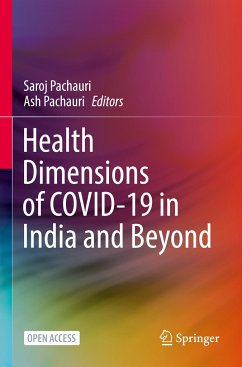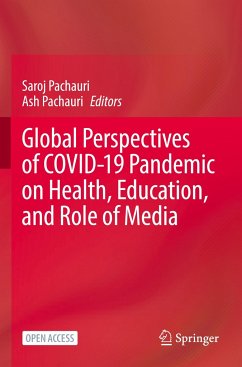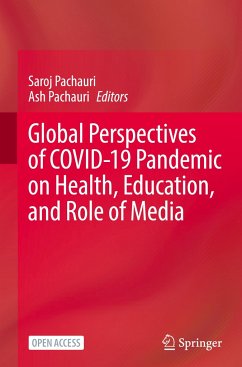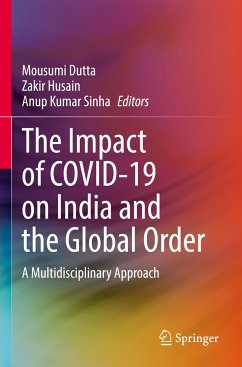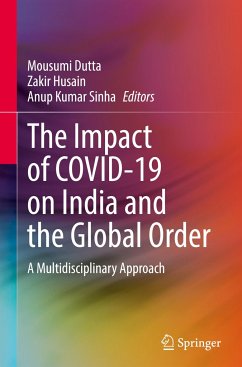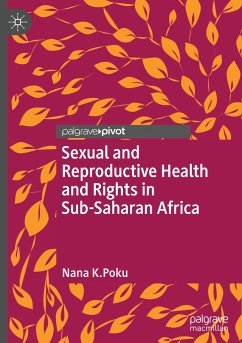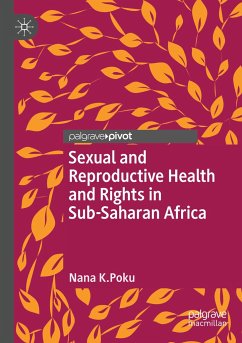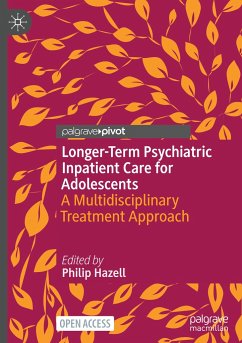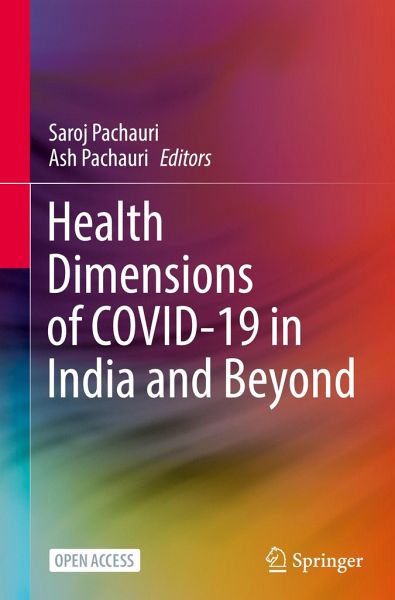
Health Dimensions of COVID-19 in India and Beyond
Versandkostenfrei!
Versandfertig in 6-10 Tagen
38,99 €
inkl. MwSt.

PAYBACK Punkte
19 °P sammeln!
This open access book addresses the multiple health dimensions posed by the COVID-19 pandemic in India and other countries including nine in Asia, five in Sub-Saharan Africa, and New Zealand. It explores the impact of the pandemic on mental health, sexual and reproductive health and rights, health financing, self-care, and vaccine development and distribution. The contributing authors discuss its impact on vulnerable populations, including interstate migrants and female sex workers. The significant role of media and communications, rapid dissemination of information in social media, and its im...
This open access book addresses the multiple health dimensions posed by the COVID-19 pandemic in India and other countries including nine in Asia, five in Sub-Saharan Africa, and New Zealand. It explores the impact of the pandemic on mental health, sexual and reproductive health and rights, health financing, self-care, and vaccine development and distribution. The contributing authors discuss its impact on vulnerable populations, including interstate migrants and female sex workers. The significant role of media and communications, rapid dissemination of information in social media, and its impact during the COVID-19 pandemic era are discussed. It closes with lessons learned from the experiences of countries that have contained the pandemic. With contributions from experts from around the world, this book presents solutions of problems that relate to COVID-19. It is a valuable resource appealing to a wide readership across the social sciences and the humanities. Readers include governments, academicians, researchers, policy-makers, program implementers, as well as lay persons.



